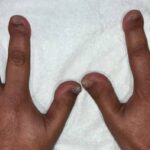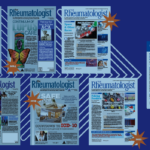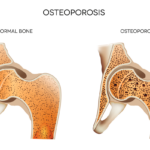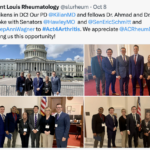The upcoming 2023 Nurse Practitioner Week, Nov. 12–18, was good reason for Debbie Durkee, RN, MSN, FNP-C, to reflect on the profession and its growth, her years in practice, and the importance of active participation in the ARP. Unlike many who go into the field, Ms. Durkee never felt drawn to nursing as a child,…









